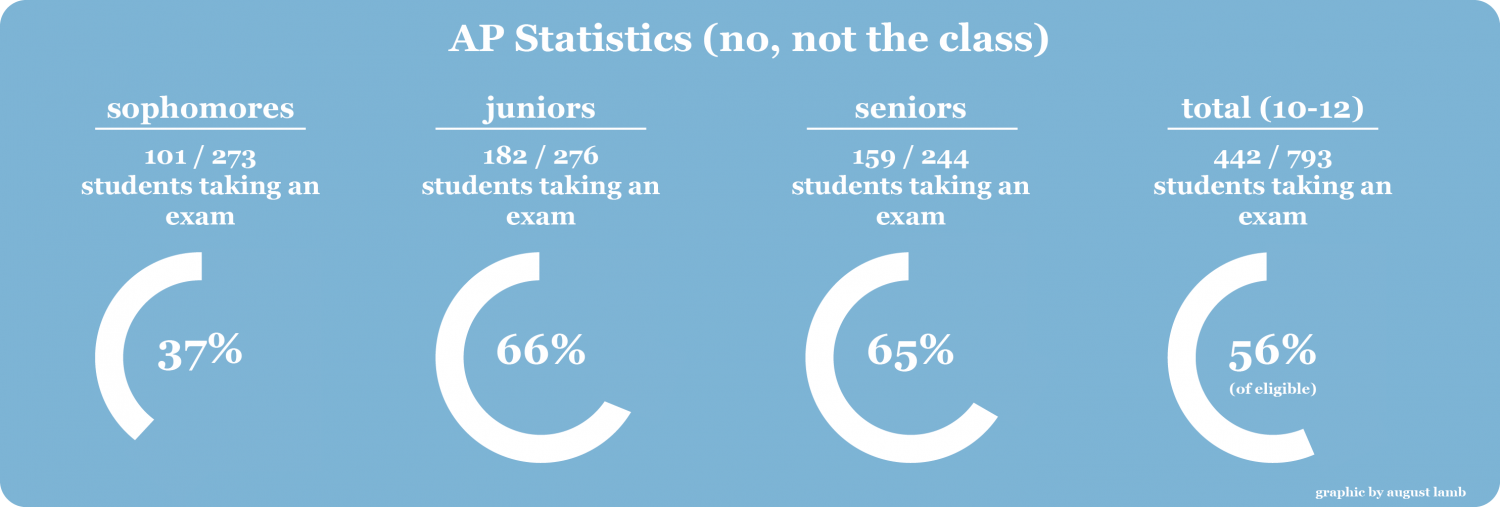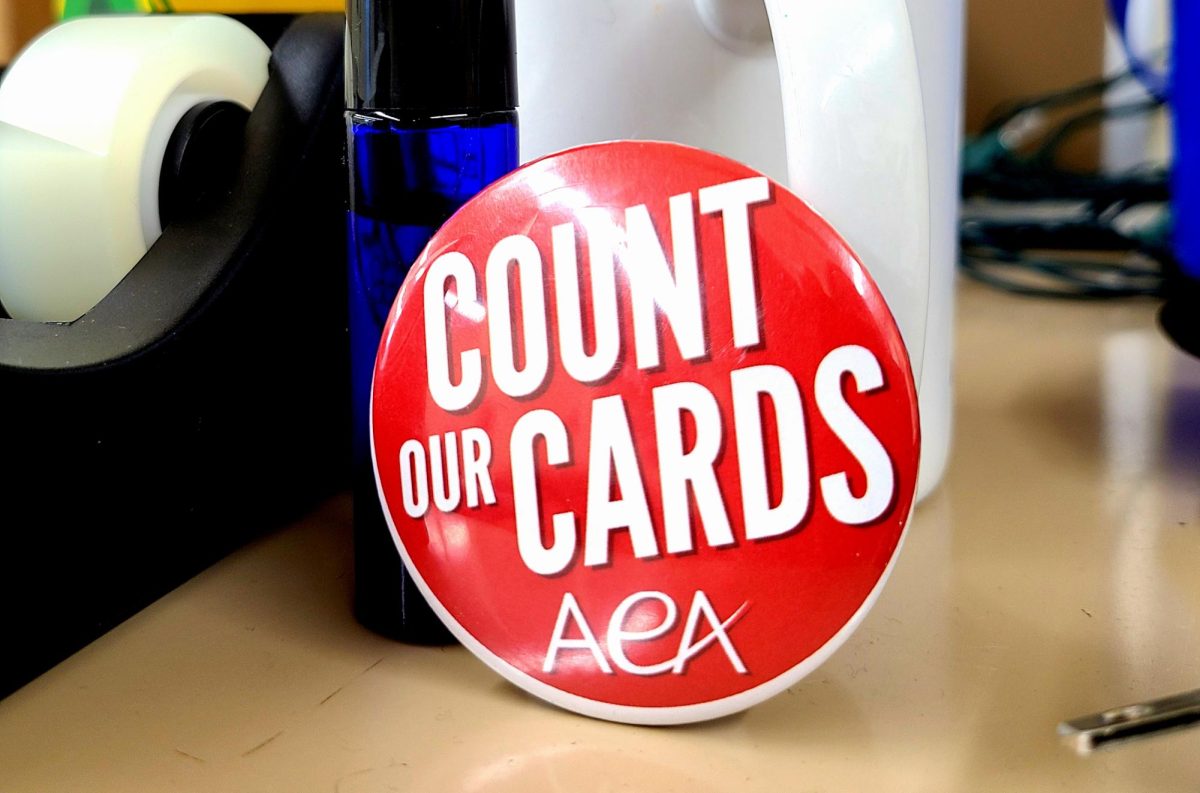A(P)ril Showers May Bring a 5
May 4, 2017
There comes a time when the joy of Spring Break has faded away, and students are left with the daunting fact that Advanced Placement exams are charging towards them. All year students have taken their AP classes and faced the stress, knowing that by the end of May the class would slow down. But when does the burden of AP exams and classes become too much for an average student to handle? More and more students have pushed themselves to fill their schedules with the many rigorous courses Western provides, and now there is fear that students have bitten off more than they can chew.
To limit the stress, there is an ongoing proposal to cap the amount of AP classes a student can take. A cap would help students limit their workload, and their amount of stress. Some people may see this cap as a savior to stop competition, yet others could be alarmed by it changing their intense schedule.
The advantage to having a limit to AP classes is that it would decrease the stress that controls a lot of students’ lives. There has always been an unspoken competition among the students of Western regarding the rigor of their courses. This competition can turn students into caffeine consuming, fatigue fighting, Crash Course loving, and Barron book collecting machines. With less AP classes allowed to be taken, there would be less competition and therefore less stress.
Principal Darah Bonham adds to the discussion, “As a principal in a school with very high performing, dynamic, energetic, competitive kids, the thing that bothers me the most is when kids have gone through the process of Western, yet when they finish here they are unable to sometimes define the areas… that they really were interested in, that they loved, and that they had a chance to delve more into.”
With a cap, students would be more selective towards what APs they really want to focus on. Additionally, they would get the opportunity of exploring elective courses that could broaden their skills or passions. This cap would affect the workload students have, and also allow room in their lives for internships, jobs and hobbies.
The fears towards a restriction on the number of AP classes usually lead back to college admissions. A college admissions staff member will read the files submitted by all of the students in a school. Students aren’t directly compared to one another in the process, but the staff is able to see repeating patterns in course loads. Without a cap on classes, a student with an extraordinary number of APs has the opportunity to stand out with academics.
It’s true that there are certain students who succeed in managing their APs, extracurriculars, and still find a way to do the things they are passionate about. Therefore, a cap may seem unfair to those people who excel in high school.
“I think students shouldn’t take as many as they do, but there shouldn’t be a cap on the amount of APs students should take. There are always going to be exceptions made by guidance and the administration, thus making it impractical to put in place an idea that will most likely be ignored. Another part of the decision in class choices is the maturity of the student, not everyone matures as fast as others,” said history teacher Elizabeth Mulcahy.
There is currently no concrete plan for the future of APs, but options such as capping are very realistic. Any change would have to be a countywide decision, and would therefore the affect all of the public schools in Albemarle County. For now, students at Western are free to take as many AP classes that they want, and try their best to make it through May.























